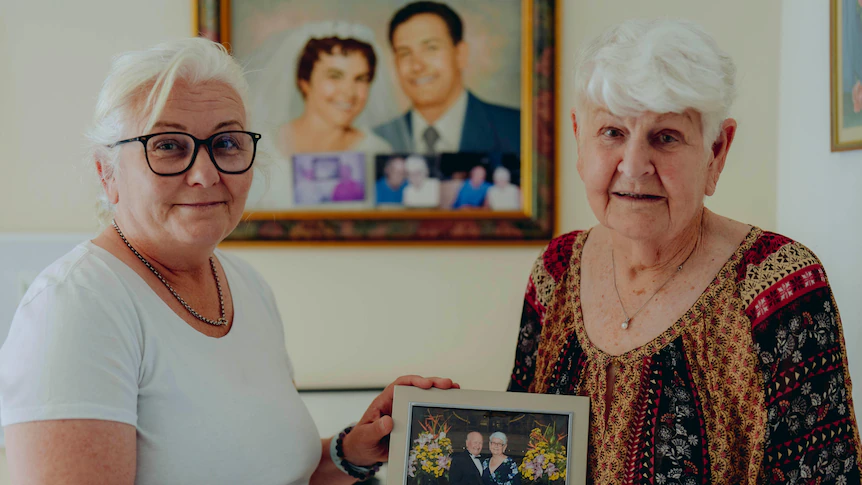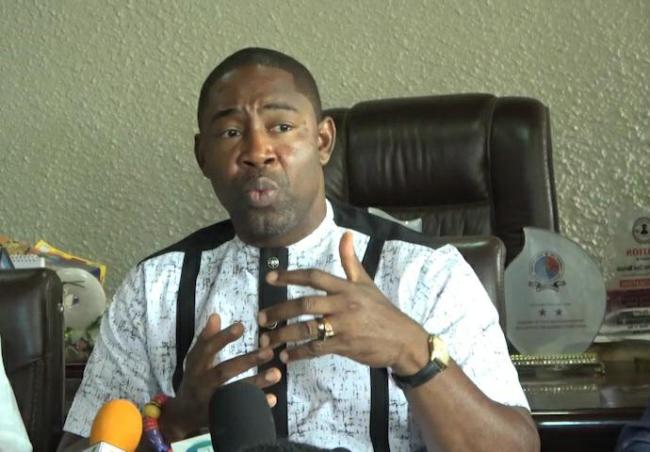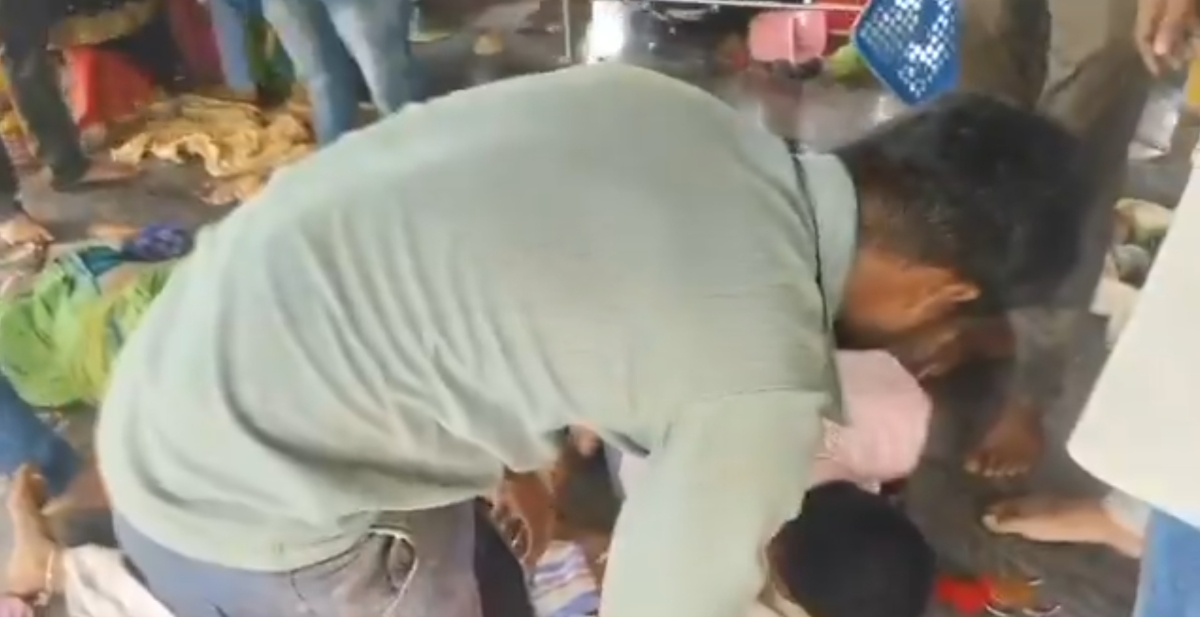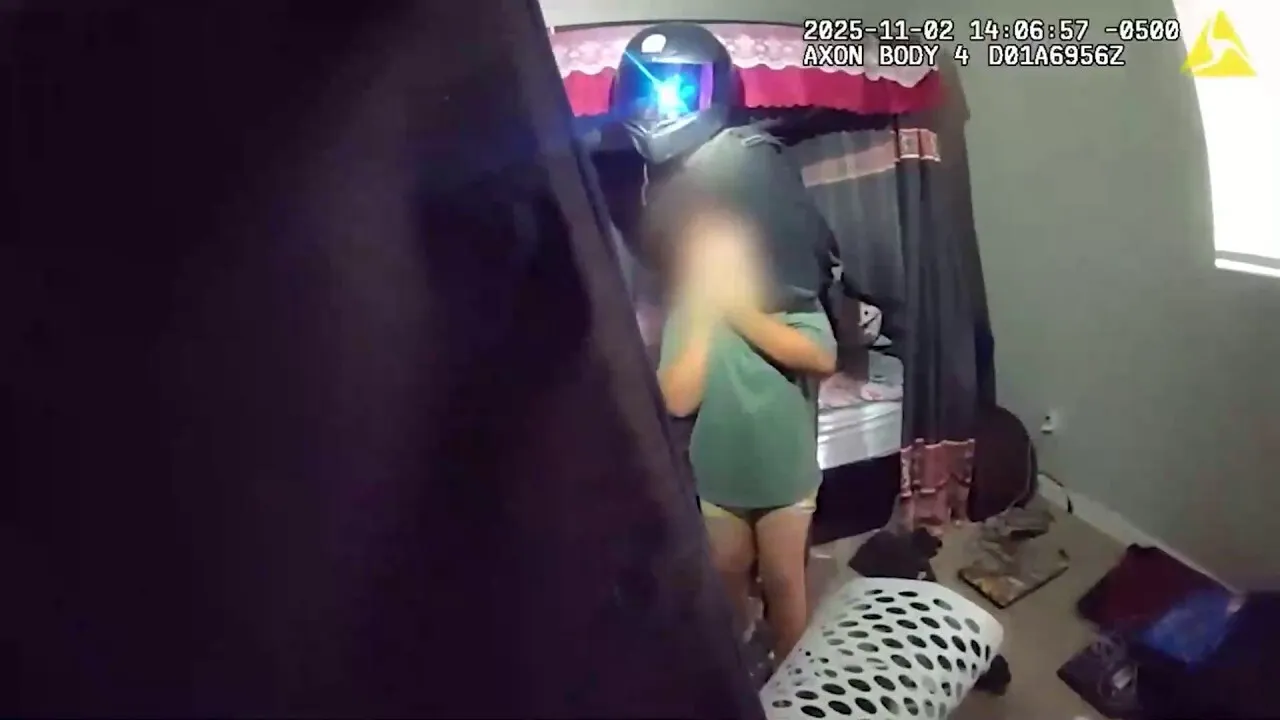Copyright abc

A Sydney public hospital has conceded avoidable errors were made in the lead-up to the death of an elderly Deaf man, leaving him and his wife without a say in vital care decisions in his final hours. Bruce Drabsch's death at Westmead Hospital in February this year became the subject of a review which found problems with sedative dosage and flawed assumptions medical staff made about how to communicate with Deaf patients. "The timing and nature of the patient's death was avoidable," the hospital's Serious Adverse Event Review said. For members and advocates of the Deaf community, the case has highlighted persistent breakdowns that often leave Deaf patients unable to give or receive instructions on their healthcare. When the 92-year-old Mr Drabsch, whose only language was Australian Sign Language (Auslan), arrived at the hospital, staff made the mistake of assuming there would be no way to communicate with him or his wife Margaret, who is also Deaf. On February 17 Mrs Drabsch, whose only language is also Auslan, noticed her husband did not look right and when she returned to the bedroom she discovered he had fallen from the bed. "I had tried to pick him up but it was really difficult. He's a big man and I couldn't lift him," she said. Paramedics took Mr Drabsch to Westmead's emergency department where the couple expected an Auslan interpreter to be provided. Offering interpreters to non-English-speaking patients is a professional and ethical requirement in hospitals. In this case, hospital staff did not request one. The review into Mr Drabsch's death found: "There was an assumption that an Auslan interpreter would not be able to be sourced and therefore was not requested. "They were effectively unable to be involved in care decisions." An interpreter was never offered nor provided. 'Utter shock' Doctors suspected Mr Drabsch may have been having a stroke because he was showing signs of drowsiness, but an initial brain scan found no evidence. A more detailed brain scan was ordered, and Mr Drabsch was sedated due to restlessness. The sedative he was given was 2.5 milligrams of midazolam — a dosage later found to be an "inappropriate" amount considering Mr Drabsch's age and underlying conditions, including asbestosis. Within six minutes, Mr Drabsch's breathing began to fail and his lungs started to fill with "critically high" levels of carbon dioxide, the review said. The family were called to come to the hospital that evening, nearly six hours after he had arrived. "It broke my heart, absolute shock, he was a wonderful husband." Mr Drabsch's daughter Melinda Dagger, who was travelling to the hospital, was phoned by a doctor and asked to inform her mother her husband had died, because there was no-one to communicate with her. "It's one of the hardest things I've had to do," their daughter said. Mr Drabsch met his wife and the pair were married in 1960, before moving to a house he built himself in Western Sydney. "Bruce and I were holding hands straight away. It was love at first sight," Mrs Drabsch said. Ms Dagger, one of the couple's four children, said her father was a master builder who was often overlooked. "People underestimated him … just because he was Deaf," Ms Dagger said. 'Inadequate communication and care provided' The incident review concluded Mr Drabsch "was not assessed appropriately" and that there were multiple occasions when the issue should have been escalated. It found there was a "global lack of awareness" of sedation industry guidelines and the midazolam was ordered and administered without senior oversight. Australian and New Zealand College of Anaesthetists (ANZCA) president David Story could not comment directly on the incident but said where a patient's needs are "very complex" the advice is that anaesthetists are consulted. "We are the principal experts in safe sedation," Professor Story said. Obtaining informed consent is a legal requirement for health professionals — and is also included in ANZCA's sedation guidelines. Ms Dagger said if these steps were followed and if her father had been able to communicate how he was feeling, he may not have died. "He could have been hungry, thirsty, needed his incontinence pants changed," she said. Following the review, Westmead Hospital told all staff that Auslan interpreters are available and should be used. It also moved to establish a committee to govern the use of sedatives. In a statement to the ABC, the Western Sydney Local Health District said it had apologised to the family for "the inadequate communication and care provided". "The District has committed to the co-design of a program with clinicians and consumer representatives to improve interpreter use, including Auslan," it said. "This program … will seek to ensure these circumstances are not repeated." The Drabsch family are continuing to work with the hospital to implement changes. A nationwide problem The peak body for the Deaf community in Australia said the experience of being given no interpreter in hospital was not surprising. "It's never not been an issue for Deaf people. It's an ongoing issue we've seen since we've used Auslan," Deaf Australia spokesperson Olivia Beasley said. "Deaf individuals, when they go to the hospital, never leave satisfied — they often feel a sense of 'what information have I missed?'." A federal government review into Auslan service accessibility in 2023 found many care workers, including hospital staff, did not know where to find or how to book an Auslan interpreter. It recommended state governments increase Deaf awareness among health workers to ensure staff are supported to find interpreters. But Ms Beasley said Deaf people have not stopped falling through the cracks. "At the moment there's a lot of talk about changes … but we're not seeing that translated into tangible outcomes with frontline staff," Ms Beasley said. As Mr Drabsch's family grapples with life without him, they're hopeful his story could spark change for Deaf people around Australia. "I'm not going to be angry, it's pointless, I'd rather change this into a positive," Ms Dagger said. "He's the catalyst now, let's change it … because this should not happen ever again."



